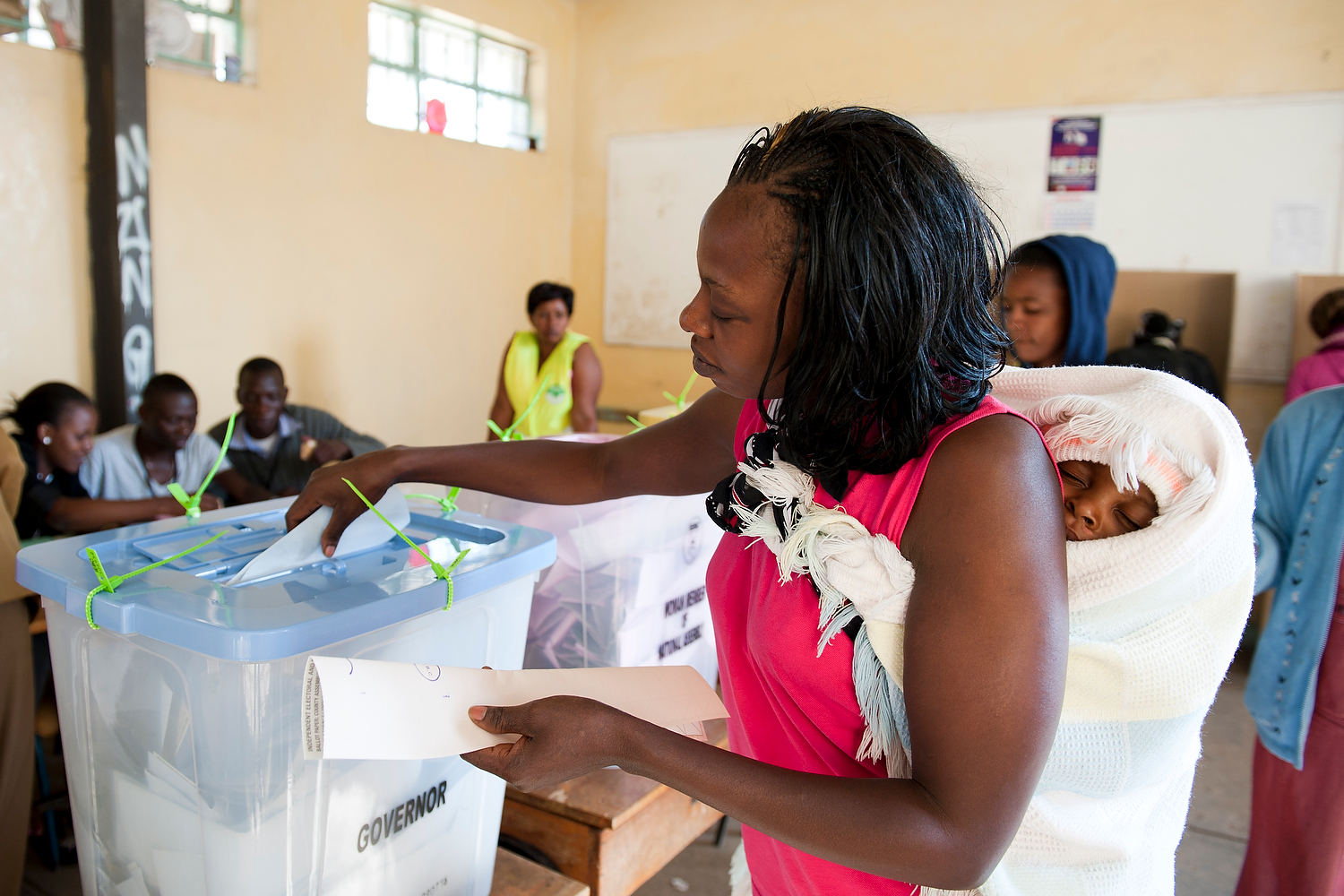With the July terrorist attack on the Indian embassy in Kabul – which left 41 dead and the finger of suspicion pointing at the Pakistani intelligence services – the world was again reminded why the Indian sub-continent has eclipsed the Middle East as the world’s flash-point.
Both American presidential candidates, Barack Obama and John McCain, have made clear that they expect the Pakistani government to take action against militants, and that they would be willing to authorize strikes inside Pakistan. But a more comprehensive Euro-Atlantic approach will be required to deal with the region’s problems.
The story of Western failure in Afghanistan is now all too familiar, painfully illustrated, almost weekly, by the repatriation of fallen NATO soldiers. But the story is repeated across the border in Pakistan, with serious consequences for both countries.
The optimism that followed the recent Pakistani elections has turned to concern as the government’s negotiations with militants appear to have made a terrorist safe-haven safer and attacks against NATO forces in Afghanistan more frequent. Pakistan’s military and intelligence services are sympathetic to an Islamic fundamentalist creed, militant groups affiliated with al Qaeda operate freely on its territory, and government infighting has made it difficult to establish civilian control over the military.
In any case, the ability of the Pakistani military to deal with the current threat, let alone a widespread insurgency, is questionable, as is Western leverage on Pakistan’s security forces. As a result, loss of control of parts of Pakistan to an increasingly capable alliance of militant groups is a serious near-term threat.
If American policy has failed to deal with this growing problem, European policy has focused on technical assistance, with the European Union providing ?125 million in aid between 2002 and 2006. Moreover, Europe is Pakistan’s largest trading partner, accounting for 27.4% of total exports and 17% of imports. In 2005 alone, EU imports from Pakistan totaled ?3.4 billion.
Yet, despite this, it is hard to escape the conclusion that the EU’s role in Pakistan bears all the hallmarks of the pre-Maastricht polity that it no longer wants to be: technocratic, apolitical, and marginalized by the United States.
This needs to change. The US, even under a new president, cannot succeed in the region without a united front with Europe. And Europe cannot hope to achieve its aims with technical programs alone.
To create a framework for US-European cooperation, work needs to begin now. Several reports that will influence the McCain and Obama campaigns are already being written in Washington. But none of these will be able to chart a way forward for transatlantic cooperation. Moreover, they risk repeating the standard pattern of US-European cooperation: the US as the policy developer and Europe as the apolitical and hesitant money-spender.
Genuine transatlantic cooperation will require that solutions be developed jointly, and that European leaders “own the policy options. Otherwise, European governments will find it difficult to explain the need to step up efforts in the region, and the European Commission’s technical programs will continue to define the EU’s policy.
To build the necessary unity and a political strategy, a European Baker-Hamilton-style commission is necessary. Such a commission, with senior European members, could examine the key issues in the region, visit all countries and players and develop a set of recommendations for a new transatlantic approach to begin in early January 2009 when a new U.S president is in place.
And who better to launch this than Nicolas Sarkozy? The French president has already played a crucial role in bridging the U.S/European divide on the Afghan mission and – after a successful donor s conference – has taken the help of the EU s rotating, six-month presidency.
Ideally, such a commission should be independent, but endorsed by the French, German and British governments and EU foreign policy chief Javier Solana, as well as, however tacitly, Senators McCain and Obama.
Everyone knows of the dangers posed by instability on the Afghan-Pakistan border, in Pakistan and the region. In July, Pakistani and Indian soldiers waged a 12 hour gun battle across disputed border. But so far, little has been done to develop the kind of Euro-Atlantic consensus about policy options necessary for a new U.S president and Europe to collaborate.
Worse still, the rejection by Ireland of the Lisbon Treaty threatens to push the issue further back in the queue. But European leaders must not take their eyes off real-world problems and drafting a new Euro-Atlantic policy on Afghanistan and Pakistan is as real as it gets.
Daniel Korski is a Senior Policy Fellow at the European Council on Foreign Relations. This commentary is published by DAILY NEWS EGYPT in collaboration with Project Syndicate/European Council on Foreign Relations (www.project-syndicate.org).
